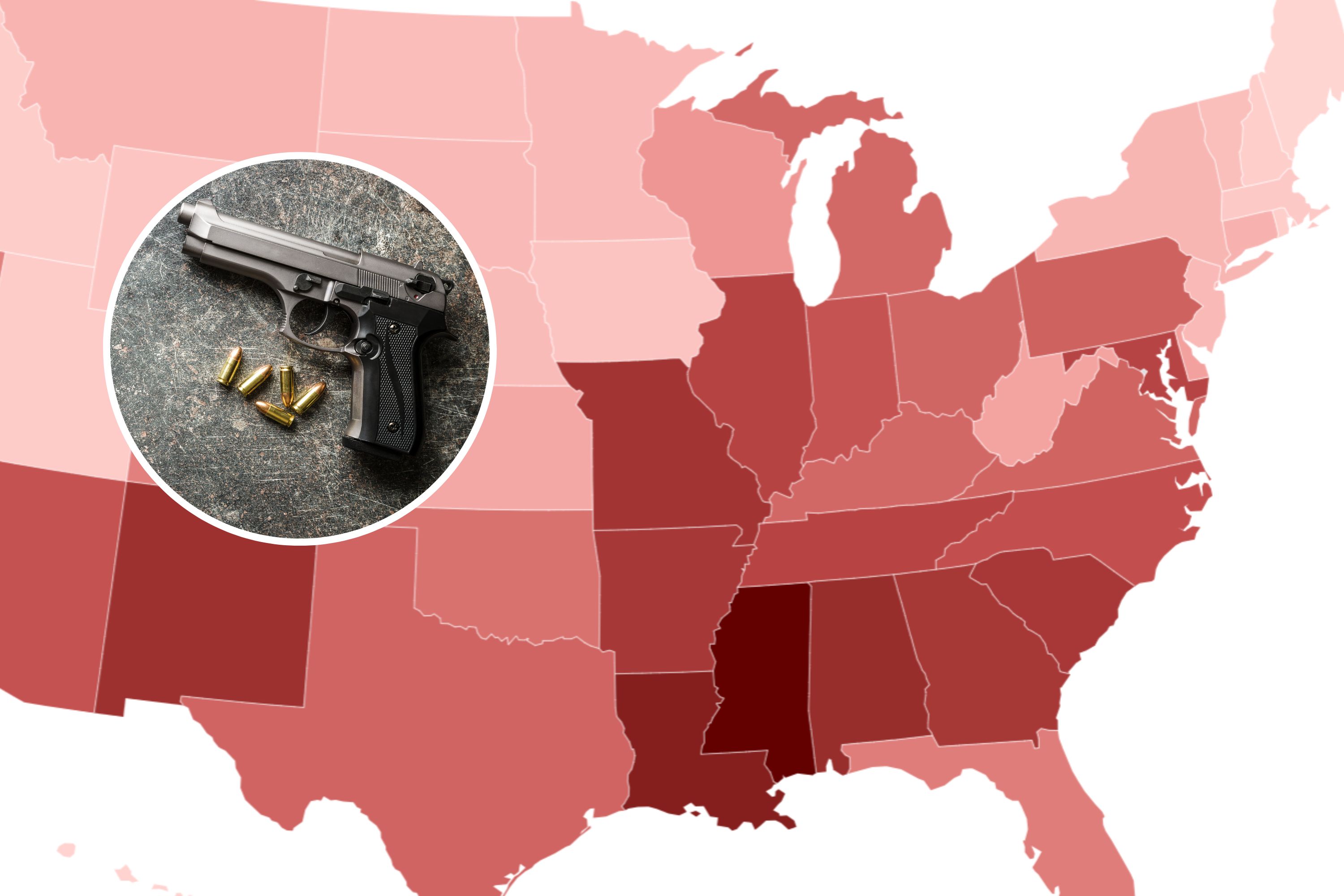The House and Senate Democrats have introduced the Raise the Wage Act legislation to gradually raise the federal minimum wage from $7.25 to $15 by 2025—but who would it apply to?
The minimum wage of $15 would apply to anyone working minimum-wage jobs, tipped wage workers, youth wage workers or 14(c) wage workers. This means that anyone working a minimum-wage job, including those who are tipped, teenaged workers, and workers with disabilities, would see an increase in their minimum pay.
If the bill passes, by 2025, the minimum wage would be $15 for most workers, including workers with disabilities. By 2027, untipped and teenaged workers would also be paid a minimum of $15.
The federal minimum wage is enforced in 21 states, including Georgia and Texas, which either don't have a state minimum wage or have one under $7.25. The minimum wage in most states is already higher than $7.25, like Massachusetts, where it is set at $13.50.

The legislation claims that it would give nearly 32 million workers a raise, with the average affected year-round worker seeing an annual pay increase of around $3,300.
Workers who would especially benefit from the raised minimum wage, according to the legislation, include women, Black workers, Latino workers, and essential workers. It says that women make up 60 percent of the workers who would see a pay increase, while nearly one-third of Black workers and a quarter of Latinos would also receive a raise.
The Raise the Wage act also cites The Congressional Budget Office's (CBO) "cautious report on a similar proposal," which estimates that the wage increase would lift 1.3 million Americans out of poverty, including 600,000 children, and would increase the pay for around 60 percent of families currently living below the poverty line.
Senator Bernie Sanders, who was among the politicians who introduced the bill, said on Twitter: "The time for talk is over. No more excuses. We can no longer tolerate millions of workers making starvation wages."
Democrats who have shown support for the bill include Speaker of the House Nancy Pelosi, who said on Tuesday: "America's essential workers should be paid essential wages. It's past time to #RaiseTheWage."
On Wednesday, Senator Elizabeth Warren said: "I called for the Biden-Harris administration to use their executive authority to get this done, and I'm very glad to see it happen. It's a good first step. Now, I'll keep up the fight in the Senate to make $15 an hour the minimum wage for all."
However, the bill may face opposition from the Republican party and would require support from all 50 Democrats plus 10 Republicans to overcome a filibuster.
Some Republicans believe that $15 is too high in some areas of the U.S., particularly in rural areas with a lower cost of living, and some are concerned that businesses may cut workers' hours and that some minimum wage workers would lose their jobs.
Uncommon Knowledge
Newsweek is committed to challenging conventional wisdom and finding connections in the search for common ground.
Newsweek is committed to challenging conventional wisdom and finding connections in the search for common ground.





